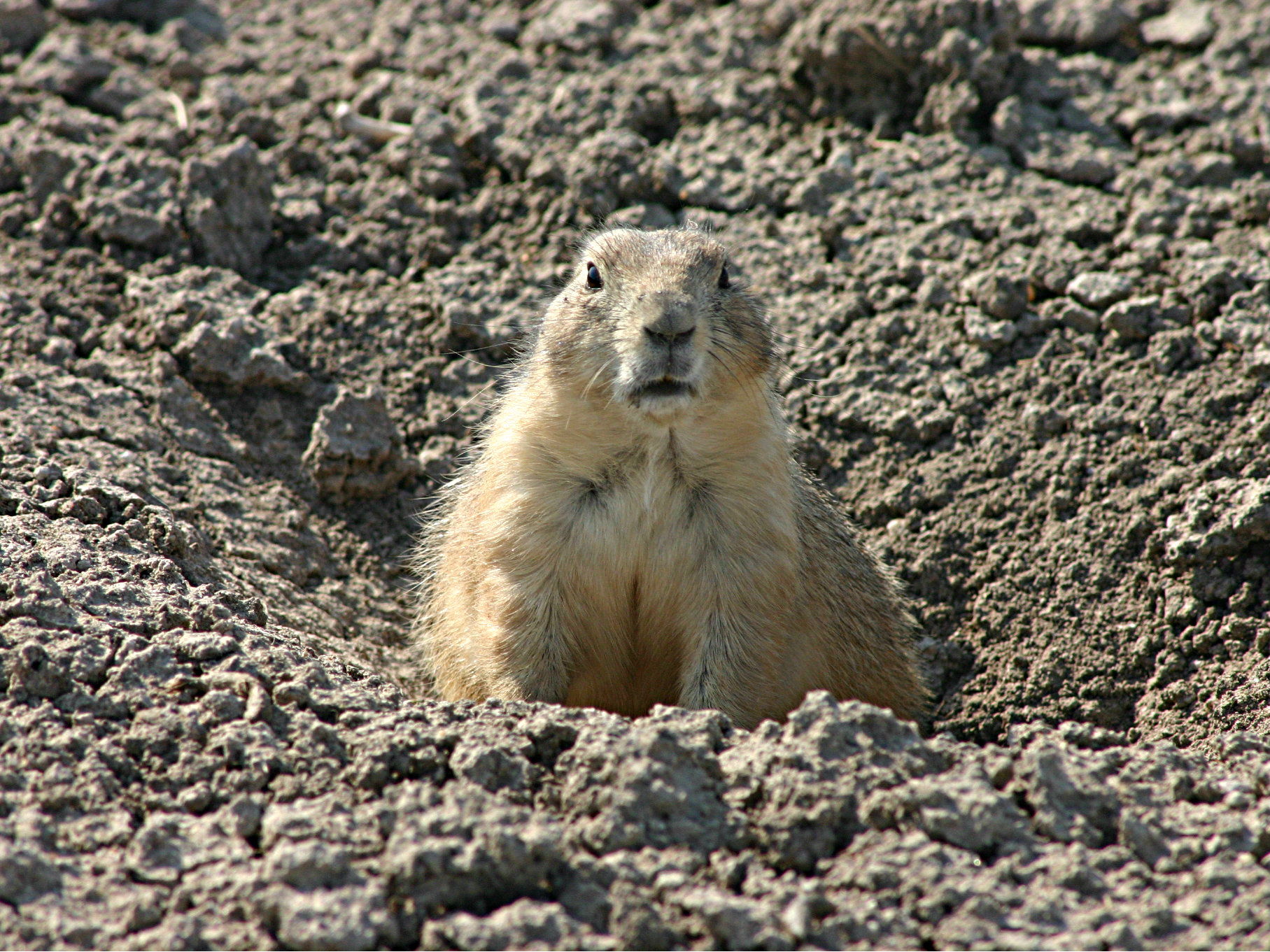

- July 21: Plague Detected In Fleas From Prairie Dog Die-Off
- July 21: Fleas Test Positive For Plague In Southern Colorado
- June 22: Colorado Teen Dies From Rare Plague Strain
So what gives? Why is a disease known for devastating medieval Europe popping up in 21st Century Colorado?
The Washington Post has an intriguing, if somewhat unsettling, answer. Plague can be linked to the climate both in old-time Europe and modern Colorado.
Scientists have recently published a paper connecting outbreaks of plague in Europe to wet springs followed by warm summers in Central Asia. Those weather patterns bolstered gerbil populations. The rodents then came to Europe via the Silk Road bringing fleas that devastated the human population.
Similar causes could be at work in Colorado. Parts of the state have seen a wetter spring than usual. State officials suspect the extra water this year has grown extra plants, which fed extra rodents like prairie dogs (above), which fed extra fleas, which infected humans (and adorable pit bulls) with plague.
Colorado can already expect more strange weather because of climate change. What we can only begin to expect, says the Post, is how that weather will impact of human health.









